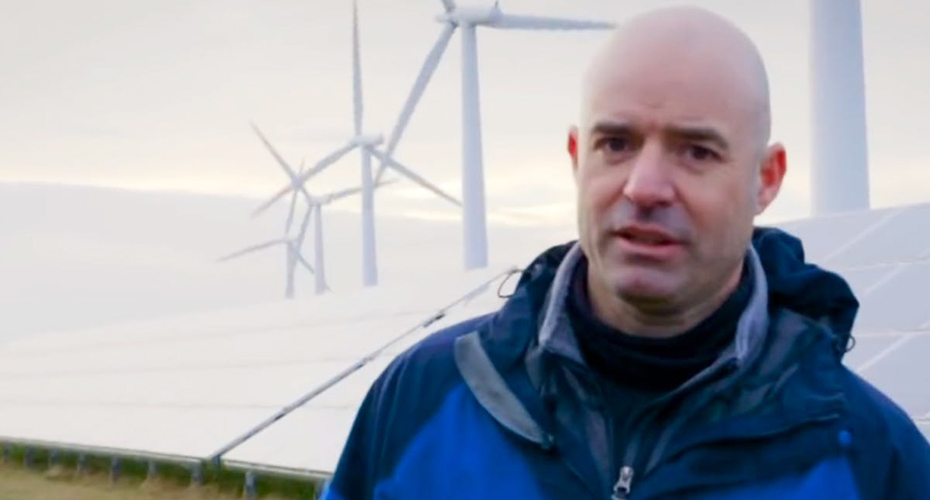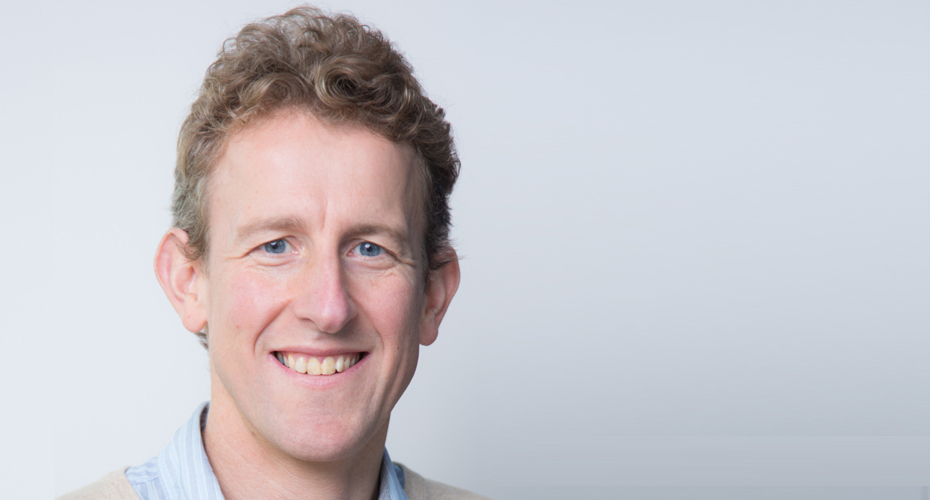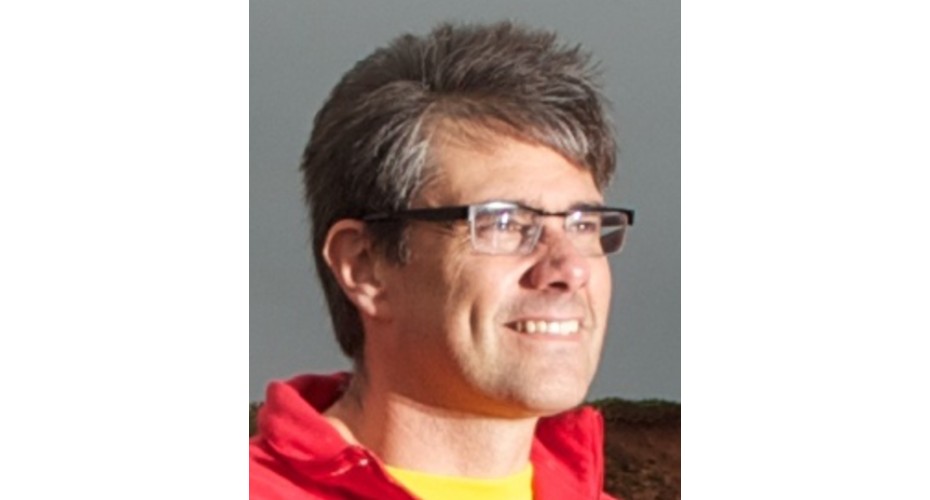Masters applications for 2023 entry are now closed.
Applications for September 2024 will open on Monday 25 September. Applications are now open for programmes with a January 2024 start. View our programmes »
| UCAS code |
1234 |
| Duration |
1 year full time
2 years part time |
| Entry year |
2024 |
| Campus |
Streatham Campus
|
| Discipline |
Geography
|
| Contact |
|
Overview
- Apply your learning to real-world challenges and operating in a complex problem space
- Receive training on systems thinking and the opportunity to practise how your learning is engaged within wider social, economic, and policy debates
- Residential learning experiences provide an opportunity for immersive learning of fundamental skills and approaches to understanding and solving challenges
- Opportunities to undertake a work placement or research projects within an organisation as an alternative to a traditional academic dissertation
- Your learning is informed by the latest research undertaken by world-leading scholars and the Global Systems Institute community
Top 10 for Geography and Environmental Science
1st in the UK for Climate Action
6th in the UK for world-leading research in Geography and Environmental Studies
9th in the world for Geography
Entry requirements
All applicants are considered individually on merit although we usually require a 2:1 honours degree.
No specific subjects are required.
The programme has been designed to allow students from a wide range of backgrounds to immerse themselves in a transformative educational experience. No science, mathematics, or engineering prerequisites are required.
Entry requirements for international students
English language requirements
International students need to show they have the required level of English language to study this course. The required test scores for this course fall under Profile B2. Please visit our English language requirements page to view the required test scores and equivalencies from your country.
Course content
Our impacts on the Earth system are at such a scale that we have become a geological force. If we are to not just survive but flourish, we urgently need to create robust and practical solutions to a set of interacting global challenges.
These challenges span countries, regions, and academic disciplines. For example: the challenge to establish food, water, and energy security for a global population increasing towards 9 billion by the middle of this century; the urgent need to halt the rapid decline in biodiversity; the required sudden decrease of greenhouse gas emissions in order to avoid dangerous climate change. While diverse, the common thread that links these and other challenges is that these are all ultimately a challenge of systems.
A key element of the programme is the application of academic learning to real-world sustainability challenges. This is achieved with internship opportunities with a wide range of national and international organisations and companies.
MSc Global Sustainability Solutions has been designed to allow students from a wide range of backgrounds to immerse themselves in a transformative educational experience. No science, mathematics, or engineering prerequisites are required. Upon graduation, you will have the skills to become an agent of change for a sustainable future.
The modules we outline here provide examples of what you can expect to learn on this degree course based on recent academic teaching. The precise modules available to you in future years may vary depending on staff availability and research interests, new topics of study, timetabling and student demand.
A wide range of optional modules are possible. The list below is offered for initial consideration.
I love that the course has an interdisciplinary approach and together across a range of subjects we can work to create sustainability solutions. Each of our lecturers are the best in their field.
I also feel we are getting a wider range of knowledge through the programme's interdisciplinary approach as my knowledge isn’t limited to one field. For example, as well as learning elements from Geography and Biosciences we also get to choose a range of optional modules in other departments. I am doing a module from the Business School which demonstrates how this programme has a very holistic approach.
Read more from Roshny
Roshny
MSc Global Sustainability Solutions
Fees
2024/25 entry
UK fees per year:
£14,300 full-time; £7,150 part-time
International fees per year:
£28,600 full-time; £14,300 part-time
The Commonwealth Shared Scholarship Scheme
We are pleased to announce that we will be offering scholarships for this programme as part of The Commonwealth Shared Scholarship Scheme. The Commonwealth Shared Scholarship Scheme is a joint initiative between the UK Foreign, Commonwealth and Development Office (FCDO) and UK universities. The scholarships enable talented and motivated individuals to gain the knowledge and skills required for sustainable development, and are aimed at candidates from eligible low and middle income Commonwealth countries who would not otherwise be able to study a Masters programme in the UK.
The scholarships cover full tuition fees, living costs, airfares and allowances.
For further details go to our Funding Database.
Scholarships
We invest heavily in scholarships for talented prospective Masters students. This includes over £5 million in scholarships for international students, such as our Global Excellence Scholarships*.
For more information on scholarships, please visit our scholarships and bursaries page.
*Selected programmes only. Please see the Terms and Conditions for each scheme for further details.
Teaching and research
How will I learn?
- Immersive learning experiences
- Seminars
- Workshops
- Group discussion
- Independent study
Innovative teaching lies at the heart of the programme. Emphasis will be placed upon applying learning to real-world challenges and enhancing your employability. We will be delivering some of this innovative training using Prosocial as part of empowering you to become agents of change for a sustainability transition.
25 organisations, including the Met Office, will provide real-world challenges for you to address as part of the programme. You will be given the training and opportunity to practise how your learning is engaged within wider social, economic, and policy debates.
Immersive learning
Immersive learning experiences will provide an opportunity to develop a cohort identity across staff and students, whilst learning fundamental skills and approaches to understanding and solving challenges. This includes group social activities at the start of the programme and an intensive period of shared learning in the middle of Term 1.
Global Systems Institute
The MSc Global Sustainability Solutions is the flagship programme for the Global Systems Institute which brings together researchers, students, citizens, and partner organisations to solve global challenges, and help create a flourishing future world together, through transformative research and education.
The Global Systems Institute works with others to secure a flourishing future for humanity as an integral part of a life-sustaining Earth system. It is uniting a trans-disciplinary group of researchers, educators and partners to look beyond single ‘environmental’ issues to a truly systemic view of coupled global changes in the human social and economic sphere and the biosphere.
Tutorial support
Each student is allocated a personal tutor who is available for advice and support throughout your studies. There is also a postgraduate tutor available to help with further guidance and advice.
Assessment
Assessments will focus on the application of your learning and go beyond exams and essays. You will have the opportunity to choose to be assessed via the creation of project reports, policy briefings and white papers, the preparation and delivery of press conferences, online and interactive infographics, short documentary films, recorded talks and interviews, reflective blogs and journals.
Read more

Dr James Dyke
Associate Professor in Earth System Science
.jpg)
Sally Rangecroft
Lecturer in Physical Geography

Dr Catherine Butler
Associate Professor in Human Geography

Professor Tim Lenton
Chair in Climate Change and Earth System Science

Dr Femke Nijsse
Lecturer, Global Systems Institute

Professor Peter Cox
Director of Global Systems Institute
Dr James Dyke
Associate Professor in Earth System Science
"This innovative and interdisciplinary Masters programme will provide the skills and experience for you to analyse these complex challenges, critically evaluate proposed solutions, and formulate new solutions that will emerge from intense periods of academic exploration in collaboration with a community of external partners."
Profile page
Sally Rangecroft
Lecturer in Physical Geography
I am an interdisciplinary academic with a physical geography background, with expertise in using and developing collaborative tools and holistic approaches to address real-world global challenges, especially focusing on water security (quantity and quality) and direct and indirect anthropogenic impacts on the natural system. To help find solutions to global and local challenges we need to work more holistically as researchers, stakeholders and communities.
Profile page
Dr Catherine Butler
Associate Professor in Human Geography
"My work examines processes of environmental governance focusing on two major substantive themes - energy and low carbon transitions, and flooding and climate change adaptation. I have developed these themes over a number of years through several projects examining the roles of publics, the state, and private institutions in the societal processes which work to embed, sustain, and shift particular ways of living with implications for environmental sustainability."
Profile page
@drcbutler
Professor Tim Lenton
Chair in Climate Change and Earth System Science
"The Global Systems Institute was born out of the recognition that humans are now a global force. We have started the Anthropocene and become collectively aware that we are transforming our planet. Rather than endlessly analysing the problems this creates, we seek to identify transformative solutions to the global challenges faced by humankind."
Profile page
Dr Femke Nijsse
Lecturer, Global Systems Institute
I'm a complexity scientist with experience modelling climate, energy systems and the economy. For my most recent research project, I'm working on innovation in the energy system and the transition towards sustainable energy.
Profile page
Professor Peter Cox
Director of Global Systems Institute
I am a Professor of Climate System Dynamics, having previously worked at the Met Office-Hadley Centre and the UK Centre for Ecology and Hydrology. My current research interests include emergent constraints on earth system sensitivities, theoretical relationships between climate variability and climate sensitivity, vegetation dynamics and demography, and improving the representation of land-surface processes.
Profile page
Careers
Employer-valued skills this course develops
The programme addresses global sustainability challenges, equipping graduates to apply systems thinking to solve complex problems in a wide variety of environments and contexts. A key feature of the programme are the innovative teaching and formative and summative assessments. Emphasis will be placed upon applying learning to real-world challenges and enhancing the employability of graduates. Throughout your learning you will be provided with bespoke careers and employability training.
A key specialism is the training and opportunity to practise how your academic work is engaged within wider social, economic, and policy debates. Upon graduation students will have the experience and skills necessary to become agents of change for a sustainable future and are expected to work across a range of roles.
Graduates of this programme might expect to gain the following attributes:
- An imaginative critical thinker and problem solver
- An active global citizen
- A creative and enterprising team player
- An engaged and participative leader
- A confident, resilient and adaptable individual
Placement opportunities
Opportunities for a work placement or research project to be undertaken within an organisation are available as an alternative to a traditional academic dissertation. Students will identify and secure their own placement but will be facilitated with appropriate support. We have links with numerous organisations who offer placement opportunities to our students including the Met Office.
Careers services
We have a dedicated, award-winning Careers Service, ensuring you have access to careers advisors, mentors and the tools you need to succeed in finding employment in your chosen field on graduation. We offer the Exeter Award and the Exeter Leaders Award which include employability-related workshops, skills events, volunteering and employment which will contribute to your career decision-making skills and success in the employment market. Our graduates compete very successfully in the employment market, with many employers targeting the University when recruiting new graduates.
Supporting your career
You will benefit from tailored employability training and exploitation of the Global Systems Institute external partner network, for collaboration on the Dissertation Academic module and placement opportunities for the Dissertation Internship module. This network will also accelerate your search for employment after graduation.
Each year students are able to access a huge range of opportunities when considering their future career options. Recent events have included:
- career insights with visiting alumni
- career conversations with employers on campus
- mock interviews with visiting employers and alumni
- an immersion day at the Met Office
- and the Life and Environmental Sciences Careers Fair.
Read more
I’ve really enjoyed meeting new people from all over the world and being able to come together to brainstorm and learn about subjects that we’re all really motivated about. I’ve also enjoyed working on real-world challenges as well as having a dissertation project that has the potential to encourage positive change.
The programme has been interdisciplinary in nature and has covered a wide range of subjects. There was also a module where we learnt about innovation and the science policy interface which I found really interesting and insightful.
Read more from Charlie
Charlie
MSc Global Sustainability Solutions

.jpg)















